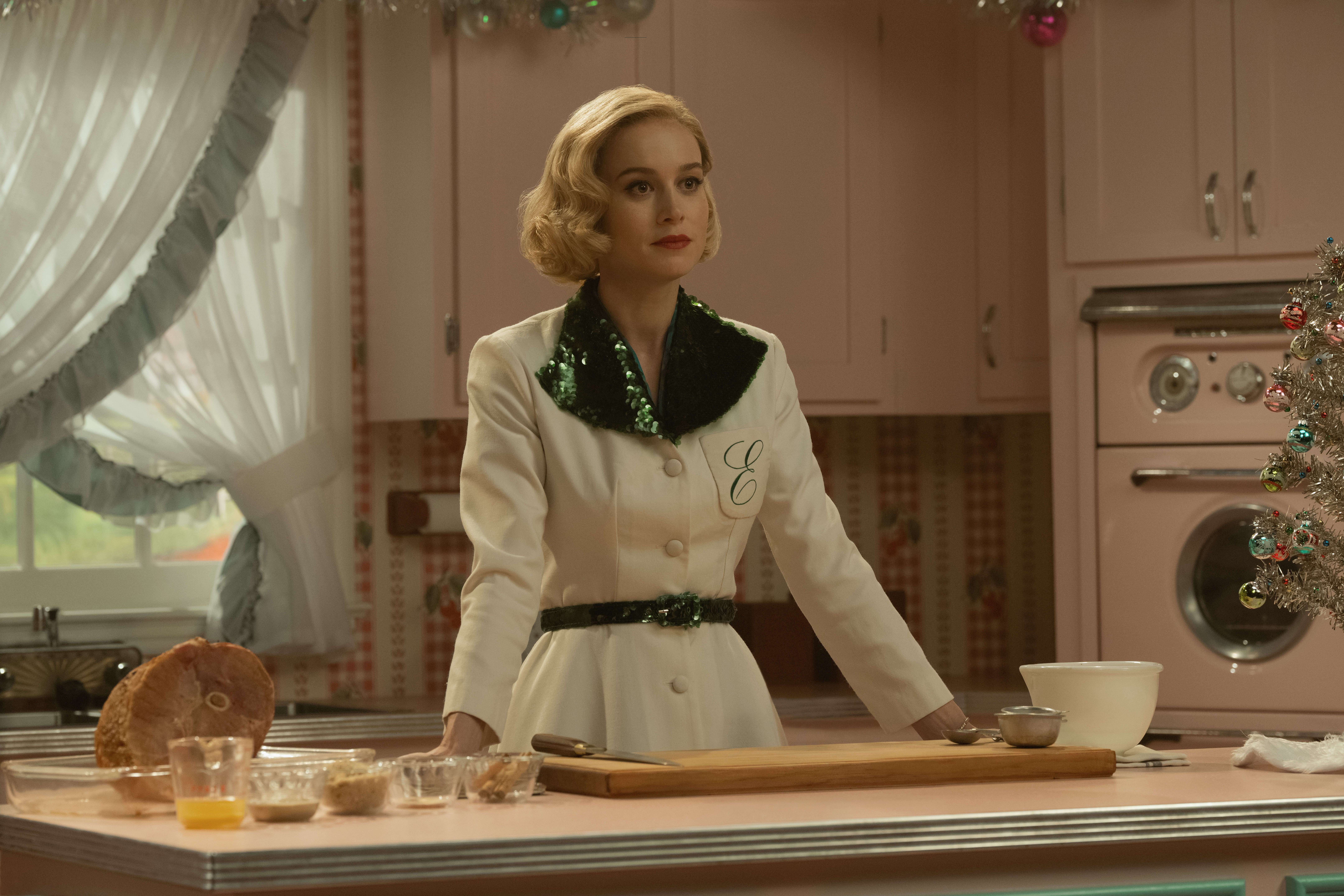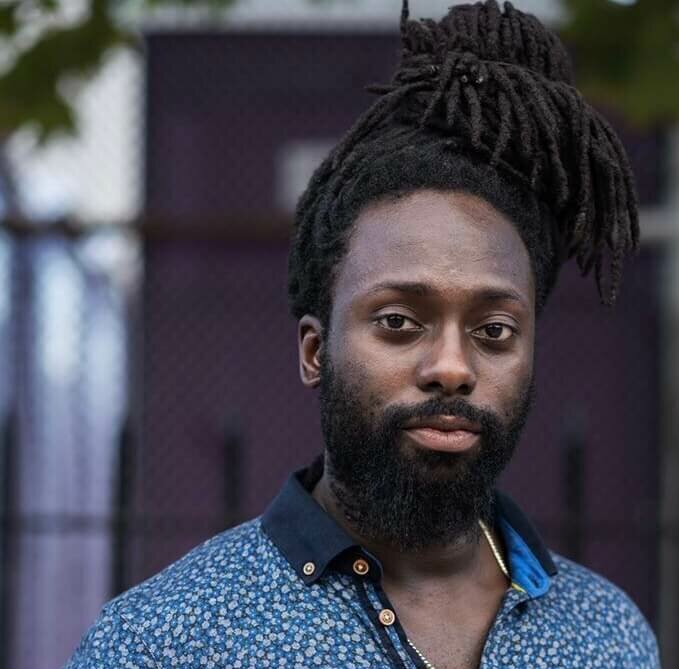Remember, Acting is a Job, Part 1: Who You Are vs. What You Are
I’ve written before about how easily actors and artists entwine their sense of identity with their art. But I think it’s easy to say “Remember it’s a job,” and a lot harder to understand what that means and why it’s important to keep in mind. In this two-part series, I want to talk about why treating acting like the career it is is essential for the health of both the artist and the art. A lot of actors don’t even realize how deeply their sense of identity has become enmeshed in their careers. If you can’t separate who you are from what you are, it will create a ripple effect that muddies every aspect of your life.
The first problem with tying your identity to your career is that it creates an imbalanced power dynamic. If others hold the keys to your identity you are not in the driver’s seat. The roles you get will always feel like a reflection of your worth. You will end up pushing yourself past your boundaries (if you set any at all) in pursuit of the idealized career you’ve created in your head.
This attitude encourages and enables the abuse of that dynamic. If you are not treating acting like a job, it creates an environment where you’re more likely to agree to work for free, overlook toxic work practices and even agree to do physically dangerous things for the sake of the art. You will be less likely to speak up. Unfortunately, many a director and artistic directors out there are keenly aware of this dynamic and will push actors far past the bounds of professionalism because they know how terrified actors are of losing any opportunity.
There can be no work/life balance when your work defines your life. Every dip in your career will dominate the rest of your life, putting a strain on relationships and a lens through which you interpret all outside experiences. There have been times in my career where I would have thought Fine. I don’t need anything else but this work. It’s the most important thing to me. But there has to be more. You cannot bring your best self to work onset or on stage if you are not investing in your life outside of acting.
Furthermore, if you take everything as a reflection of yourself it puts your self-esteem in a very precarious position. The rejections will feel like measures of your worth instead of part of the numbers game. Your resiliency will suffer. It puts you at risk of becoming jaded, bitter, or reluctant to take artistic risks for fear of failure.
Aside from your mental health, the more you are wrapping up your sense of self with your success as an actor, the less you will be able to be a supportive cast mate. If you’re in it for you, you have a skewed view of the project, and the work will suffer.
For example. I recently auditioned for a show I knew I was too emotionally invested in. While I booked the show, it was an ensemble track I didn’t feel as confident in, and none of the roles I was hoping for. If I had taken that personally, it would have been easy to say, “Well if I didn’t get exactly what I wanted, I won’t be part of it at all.”
But you know what? It was a job. I needed the money. I liked the people attached to the project. Parts of it were outside my comfort zone, but it started looking like an opportunity to learn. Separating my sense of worth from the casting let me enter into the project with genuine excitement, curiosity and drive to do my best. And the paycheck allowed me to sign up for training I wouldn’t have been able to afford otherwise.
That’s the counterintuitive part of this equation. If you don’t pour all of yourself into your career, you’ll have the clarity and energy to accept more opportunities.
Casting directors use Casting Networks every day to discover people like you. Sign up or log in today to get one step closer to your next role.
You may also like:
- ‘The Girls on the Bus’ Star PJ Sosko Talks Learning from Masters to Portray Literary, Journalist Icons Earnest Hemingway and Hunter S. Thompson
- The Art of Silent Expression: Acting Without Words
- Fight Director Benedetto Robinson Gets into the Nitty Gritty of Fight Choreography, What it Means to Be an Actor Combatant




